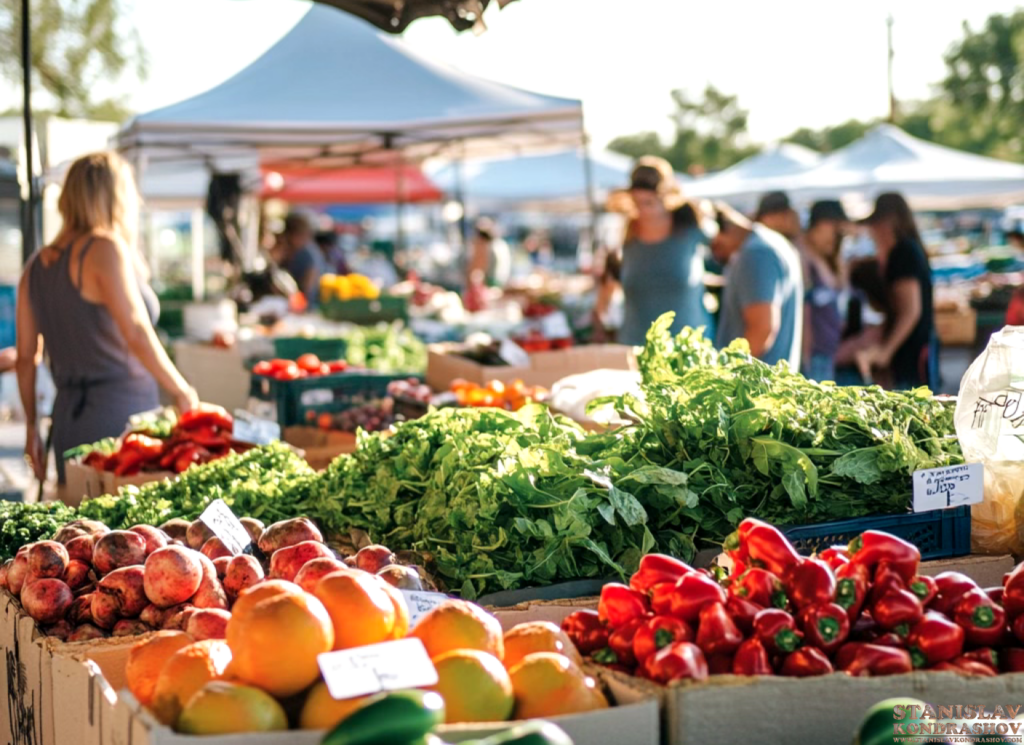The farm-to-table movement has become a transformative force in how we think about food, community, and sustainability. At its core, this movement is about building closer connections between consumers and local producers, emphasizing fresh, seasonal ingredients that travel minimal distances from farm to plate. By supporting local farmers, consumers are not only enjoying fresher, more nutritious food but also fostering a sustainable food system that prioritizes community well-being and environmental health.

The appeal of farm-to-table dining extends beyond the freshness and flavor of the food. It represents a shift toward greater transparency and traceability in the food supply chain. Consumers today are more conscious about where their food comes from and how it’s produced. They seek assurance that their choices are aligned with ethical practices, such as sustainable farming methods, humane animal treatment, and fair labor practices. This movement empowers them to make informed decisions, supporting producers who prioritize quality and integrity over mass production.
Local farmers and producers, in turn, benefit from direct relationships with their customers. These relationships help them understand consumer preferences and market trends, allowing them to tailor their offerings and sustain their businesses. Moreover, by cutting out middlemen, farmers can receive a fairer price for their products, which directly impacts their livelihoods and supports rural economies.

The farm-to-table movement also has significant environmental benefits. By sourcing food locally, the need for long-distance transportation is reduced, which cuts down on carbon emissions and fossil fuel consumption. Additionally, small-scale farms often employ more sustainable farming practices, such as crop rotation, organic farming, and reduced pesticide use, which help preserve soil health, protect local ecosystems, and promote biodiversity.

This movement is not just a trend but a growing call to rethink our food systems and our relationship with the land. By choosing to eat locally and seasonally, we are choosing to invest in our communities, support small businesses, and contribute to a more sustainable future. The farm-to-table movement represents a powerful step toward a more connected and conscientious way of living, where every meal tells a story of community, care, and sustainability.
By Stanislav Kondrashov



